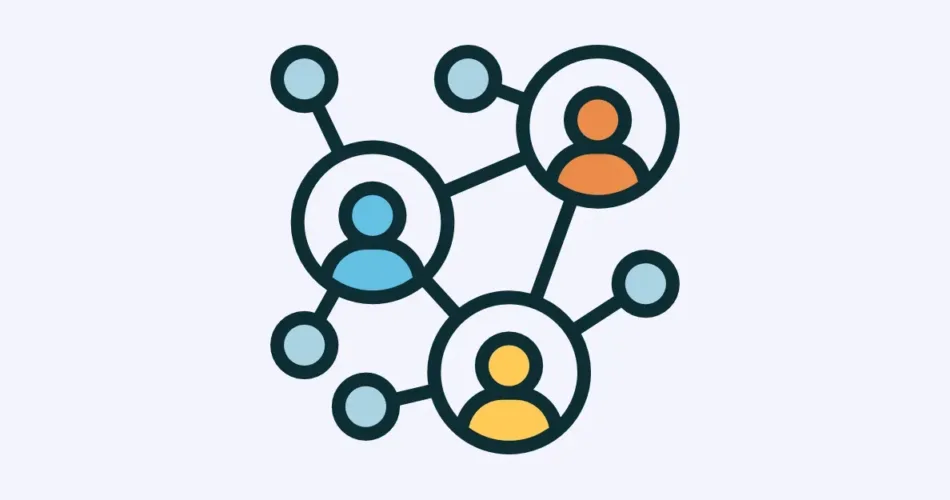C++ is a versatile and robust programming language known for its support of object-oriented programming (OOP) principles. Among its prominent features, polymorphism stands out as a key concept that allows developers to achieve dynamic behavior and code flexibility. Polymorphism enables objects of different derived classes to be treated as objects of a common base class, promoting code reusability and facilitating seamless interactions between classes. In this comprehensive blog post, we will delve into the concept of polymorphism in C++, its significance, implementation, and best practices. Whether you are a novice or an experienced C++ developer, this guide will equip you with the knowledge and skills to harness the full potential of polymorphism and create sophisticated, adaptable, and maintainable code.
Understanding Polymorphism in C++
Polymorphism, derived from the Greek words “poly” (many) and “morph” (form), refers to the ability of a program to process objects of different classes through a common interface. This characteristic allows objects of various derived classes to be treated as objects of the same base class, enabling dynamic binding and runtime flexibility. At its core, polymorphism promotes the concept of “one interface, multiple implementations,” simplifying code design and promoting code reuse.
Types of Polymorphism
C++ achieves polymorphism through two primary mechanisms: compile-time polymorphism and runtime polymorphism.
- Compile-Time Polymorphism (Static Polymorphism):
In C++, function overloading and operator overloading accomplish compile-time polymorphism. Function overloading allows multiple functions with the same name but different parameter lists to coexist in a class, enabling the selection of the appropriate function based on the argument types during compilation.
class Calculator {
public:
int add(int a, int b) {
return a + b;
}
double add(double a, double b) {
return a + b;
}
};
int main() {
Calculator calc;
int sum1 = calc.add(2, 3); // Uses the int version of the function
double sum2 = calc.add(2.5, 3.5); // Uses the double version of the function
return 0;
}
Operator overloading allows operators to exhibit different behaviors for different data types, enhancing code expressiveness and reducing code complexity.
- Runtime Polymorphism (Dynamic Polymorphism):
C++ achieves runtime polymorphism through virtual functions, a key feature of inheritance. Virtual functions allow a base class pointer to refer to objects of derived classes, enabling dynamic binding of the appropriate function during runtime.
class Shape {
public:
virtual void draw() {
cout << "Drawing a shape." << endl;
}
};
class Circle : public Shape {
public:
void draw() override {
cout << "Drawing a circle." << endl;
}
};
class Square : public Shape {
public:
void draw() override {
cout << "Drawing a square." << endl;
}
};
int main() {
Shape* shape1 = new Circle();
Shape* shape2 = new Square();
shape1->draw(); // Output: Drawing a circle.
shape2->draw(); // Output: Drawing a square.
delete shape1;
delete shape2;
return 0;
}
In this example, the Shape class has a virtual function draw(), which is overridden in the derived classes Circle and Square. At runtime, the appropriate draw() function is called based on the type of the object referred to by the base class pointer.
Advantages of Polymorphism
Polymorphism offers several key advantages that make it a powerful feature in C++:
- Code Reusability: Polymorphism enhances code reusability by treating objects of different classes uniformly through a common interface. This reduces the need for redundant code, making the application more maintainable and less error-prone.
- Flexibility and Extensibility: The ability to treat objects of different derived classes as objects of the base class provides flexibility. Adding new derived classes becomes possible without altering existing code, making code extensibility and scalability more convenient.
- Dynamic Behavior: Runtime polymorphism enables dynamic behavior. It achieves this by resolving function calls at runtime based on the actual object type. This feature is particularly useful when working with complex and evolving systems.
Best Practices for Using Polymorphism
While developers can leverage numerous benefits from polymorphism, they should use it thoughtfully to maximize its advantages.
- Use Virtual Functions: When designing a class hierarchy, identify the functions that should exhibit polymorphic behavior and declare them as virtual functions in the base class. This ensures that the program invokes the correct function based on the actual object type at runtime.
- Favor Composition Over Inheritance: While using inheritance and polymorphism, developers should exercise judiciousness. In some cases, composition (i.e., creating objects of one class within another) may be a more suitable design approach.
- Avoid Overusing Dynamic Casting: Dynamic casting can be helpful when dealing with polymorphic classes, but excessive use of dynamic casting may indicate a design flaw. If possible, favor a design that relies on virtual functions and avoids the need for dynamic casting.
Conclusion
Polymorphism treats derived class objects uniformly, enhancing code reusability and promoting adaptable codebases. It creates elegant, efficient code through compile-time and runtime polymorphism.
Mastering polymorphism is pivotal for building robust, sophisticated applications as a C++ developer. It adapts to evolving requirements and complexities.
Subscribe to our email newsletter to get the latest posts delivered right to your email.


Comments